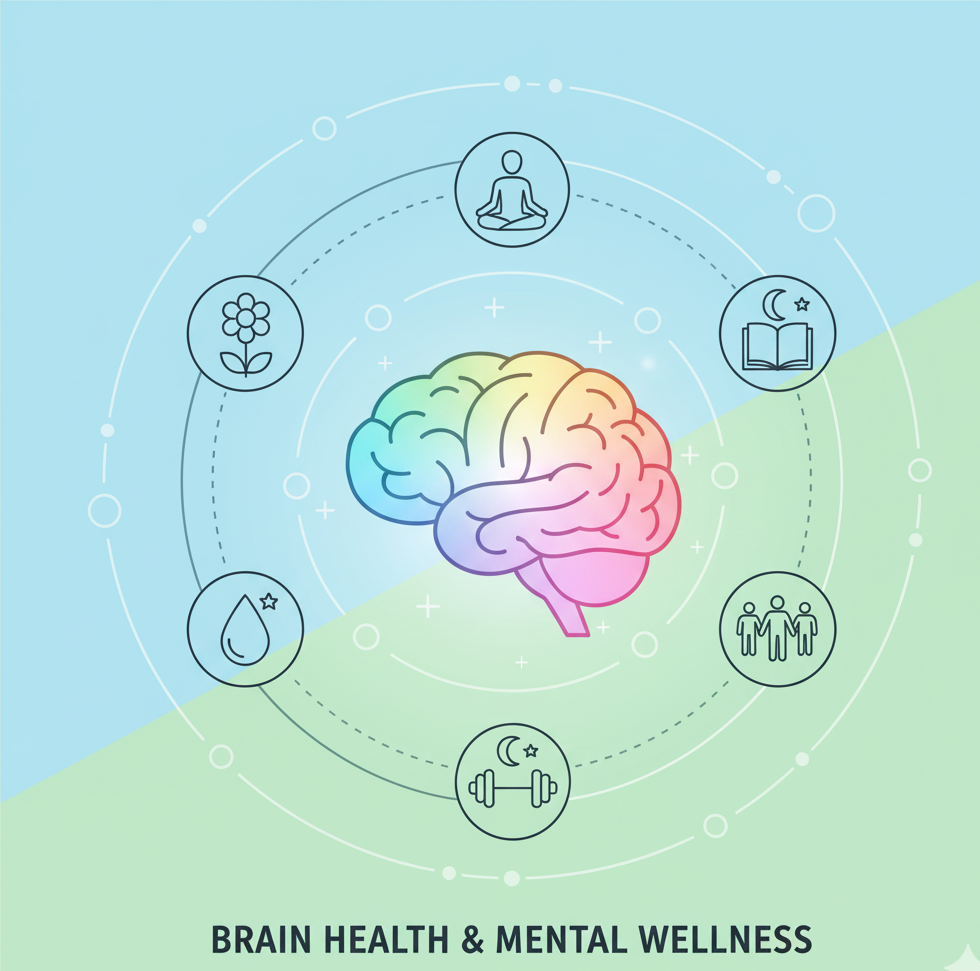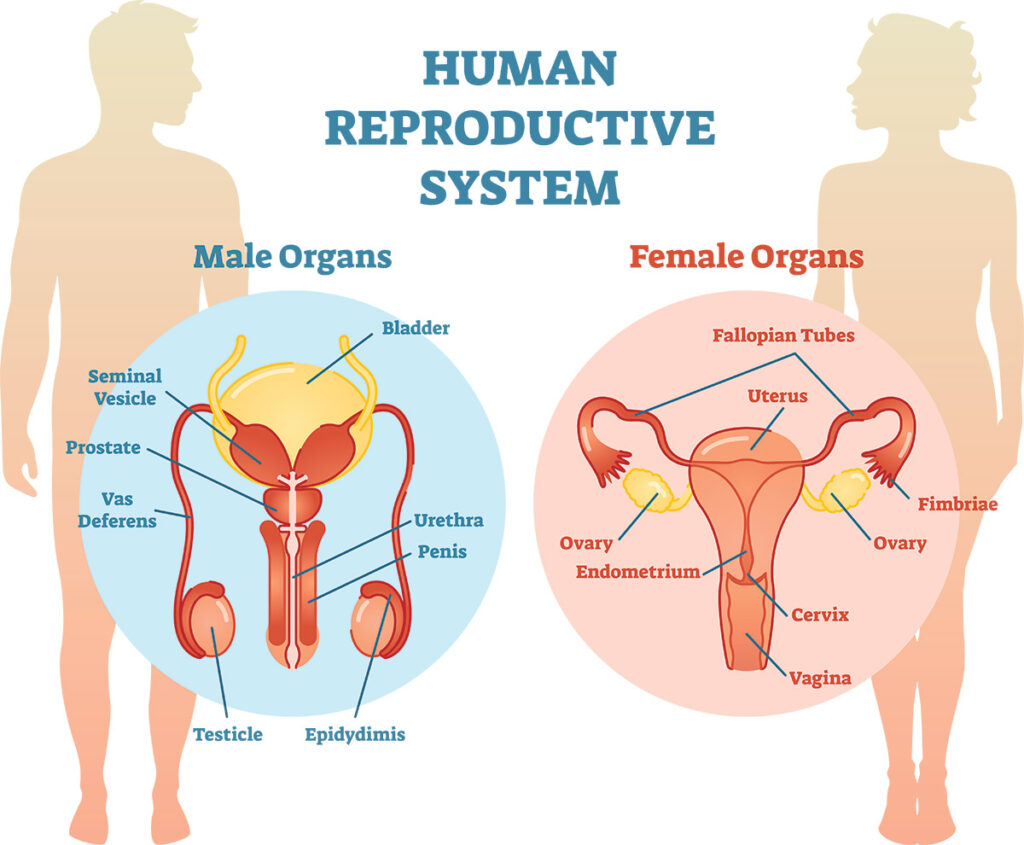When it comes to masturbation, teenagers and young adults are usually the ones seeking information the most. However, here is a surprising fact: even middle-aged and older adults often hold completely wrong ideas about this natural activity. Despite being one of the most common human experiences, masturbation remains shrouded in myths, misconceptions, and unnecessary shame.

What Exactly Is Masturbation?
Let us start with the basics. When we first experience sexual arousal, it is natural to explore those feelings and sensations. Masturbation is simply the act of stimulating your own genitals to achieve sexual pleasure or satisfaction. It is a form of self-exploration that most people engage in at some point in their lives.
While masturbation might seem like a straightforward topic, years of working with patients have revealed just how many myths and misconceptions surround it. These false beliefs can cause unnecessary anxiety, guilt, and confusion. That is why it is crucial to have an honest, open conversation about what masturbation really is – and what it is not.
The 10 Biggest Myths About Masturbation
Only Men Masturbate
One of the most persistent myths is that masturbation is exclusively a male activity, particularly among teenage boys. This could not be further from the truth.
Scientific surveys have consistently found that approximately 95% of men and about 85% of women have masturbated at some point in their lives. Women masturbate too – they are just less likely to talk about it due to social stigma. The reality is that masturbation is a normal human behavior regardless of gender.

It is Only for Single People
Another common misconception is that masturbation is something only unmarried or single people do. Many assume that once you are in a relationship or married, masturbation becomes unnecessary or even inappropriate.
The truth is quite different. Masturbation is common among both married and unmarried individuals. Research has actually found that people who masturbate often report having more satisfying marriages and sex lives. Masturbation and partnered sex are not competing activities – they complement each other. Many couples even incorporate mutual masturbation into their intimate lives together.

It is Just a Young Person’s Activity
We tend to associate masturbation with adolescence and young adulthood, assuming it is something people “grow out of” as they age. This assumption is incorrect.
People of all ages masturbate – young, middle-aged, and elderly alike. Sexual desire does not simply disappear after a certain age, and neither does masturbation. While frequency may vary across different life stages, the activity itself remains normal and common throughout the entire adult lifespan.

Masturbation Weakens Your Body
This is perhaps one of the most damaging myths out there. Many people worry that masturbation somehow “drains” their energy, weakens their physical strength, or causes their body to deteriorate. Some even fear it will make them physically weak or sick.
I once came across a discussion where someone anxiously asked, “Is masturbation causing wasting of the body?” Another person responded with a humorous but insightful comment: “So I have to be like a stick?” This perfectly captures how absurd this myth really is when you think about it logically.
Here is the scientific reality: masturbation and sexual intercourse both result in the same physiological processes and release the same bodily fluids. If masturbation weakened your body, then so would sex. Neither activity causes physical weakness or body wasting. In fact, sexual activity – whether alone or with a partner – can actually be beneficial for your overall health, similar to moderate exercise.

Masturbation Is a Sign of Mental Illness
Some people believe that masturbating means there is something psychologically wrong with you. This is absolutely false.
When people reach adolescence, they are entering a period of sexual maturation. Their bodies are naturally preparing for reproductive capability, and sexual feelings and urges are a regular part of this development. For young people, especially, masturbation is often the only available outlet for these natural sexual feelings.
Far from being a mental illness, masturbation is actually a regular part of healthy sexual development. If you masturbate, it typically means you are in good physical and mental health. It is when someone experiences extreme guilt, shame, or compulsive behavior around masturbation that there might be a psychological issue to address – but the masturbation itself is not the problem.

Not Masturbating Means Something Is Wrong
Just as masturbating is normal, so is not masturbating. Some people have various reasons for choosing not to masturbate – religious beliefs, cultural values, personal preferences, or simply a lack of interest.
Not masturbating does not indicate a disease, disorder, or problem. It is simply a personal choice or circumstance. Human sexuality is diverse, and there is no single “correct” way to experience it.
There is a “Normal” Number of Times to Masturbate
People often wonder if they are masturbating too much or too little. They want to know what is “normal” or if there is a maximum healthy frequency.
The truth is, there is no magic number. Masturbation frequency varies significantly from person to person, and what is considered normal for one individual may differ from what is considered normal for another. Some people masturbate multiple times a day, others once a week, and some rarely or never.
The only time masturbation becomes a concern is when it interferes with your daily life, responsibilities, or relationships. If you are skipping work, avoiding social activities, or neglecting important tasks because you are masturbating, that is when you might want to examine your behavior more closely.

Masturbation Causes Infertility
Many men worry that frequent masturbation will somehow “use up” their sperm supply and make them infertile later in life. This fear is unfounded.
The human body produces millions of sperm cells every single day. This production is continuous and ongoing. Releasing some sperm through masturbation or sex does not deplete your overall supply or reduce your fertility. Your body constantly replenishes what is released.

Masturbation Causes Cancer
Some people have heard that masturbation increases the risk of prostate cancer. This myth has caused unnecessary anxiety for many men.
Scientific research has actually found that the opposite may be true. Some studies suggest that regular ejaculation (whether through masturbation or sex) might actually be associated with a lower risk of prostate cancer, not a higher one. Masturbation does not cause cancer of any kind.

Masturbation Can Cause Pregnancy
It is worth stating clearly: masturbation alone cannot result in pregnancy.
Pregnancy requires sperm to meet an egg inside a woman’s reproductive system. Masturbation, by definition, does not involve sexual intercourse. Without the transfer of sperm into the vagina and uterus, pregnancy is impossible. Even if a woman masturbates, she cannot become pregnant from this activity alone.
Masturbation is one of the most normal human sexual behaviors. It is not dirty, shameful, or harmful. It does not cause disease, weakness, or infertility. Both men and women participate in it at all ages, whether they are single or in a relationship.

The real harm comes not from masturbation itself, but from the guilt, shame, and misinformation surrounding it. These negative feelings can create anxiety and interfere with healthy sexual development and satisfaction.
If you have concerns about your masturbation habits – whether you feel you are doing it too much, too little, or you are experiencing significant distress around it – consider speaking with a healthcare provider or therapist who specializes in sexual health. They can provide personalized guidance without judgment.
Understanding the facts about masturbation is an important part of sexual health education. By dispelling these common myths, we can help people develop healthier, more positive relationships with their own bodies and sexuality.

